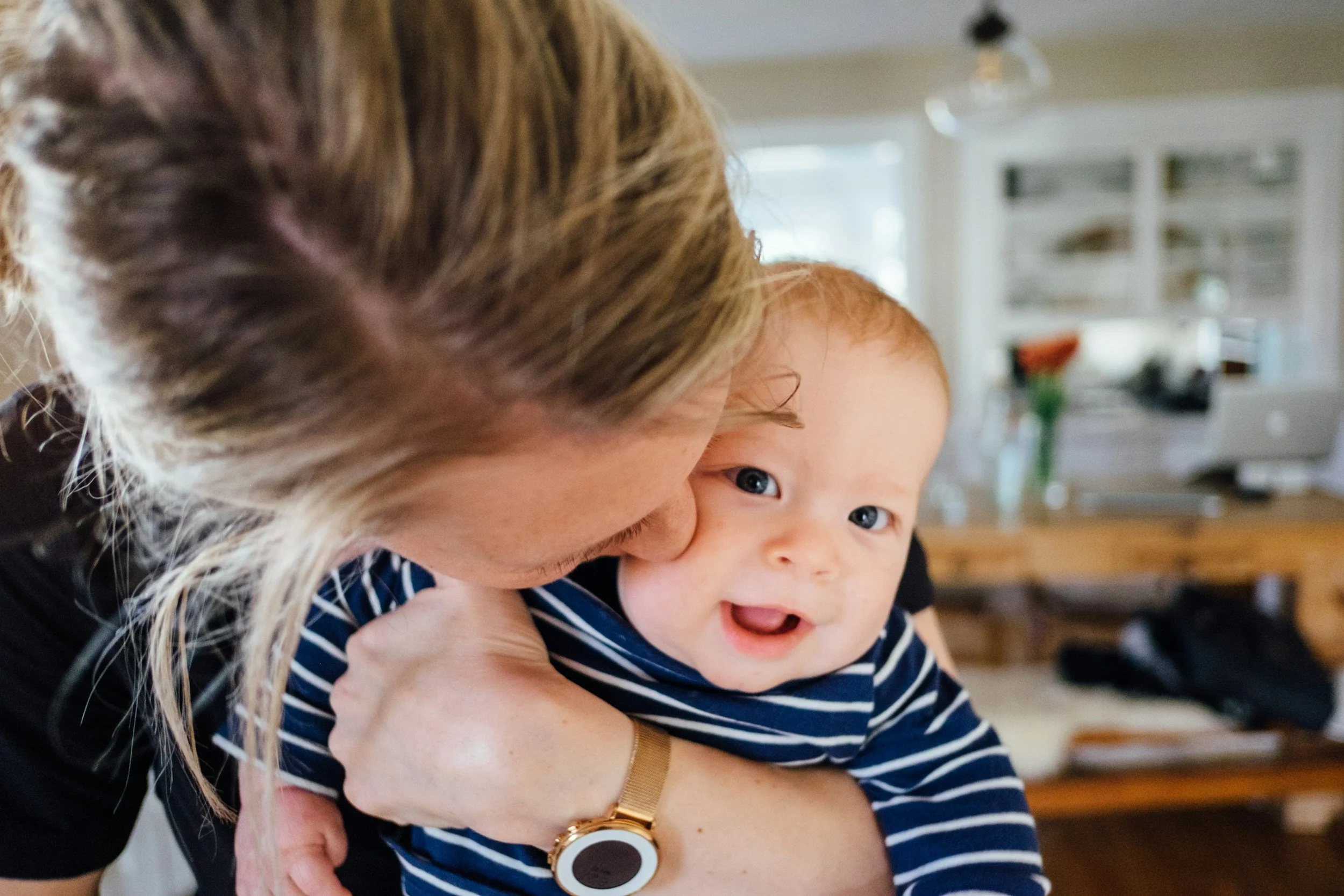Impact of The Bobo Doll Experiment
Understanding Learned Aggression and Its Far-Reaching Implications
In the early 1960s, a ground-breaking psychological study known as the Bobo Doll Experiment was conducted by Albert Bandura. This experiment aimed to unravel the mechanisms behind learned aggression and its transmission through imitation. Bandura's findings not only revolutionized our understanding of behaviour but also laid the groundwork for various fields of study and practical applications.
The Experiment: Unveiling Observational Learning
Albert Bandura's 1961 experiment set out to demonstrate how aggression could be learned through observation and imitation. The experiment involved children who observed adults interacting aggressively with a Bobo doll, a large inflatable toy designed to spring back when knocked down. The adults exhibited physical aggression, such as hitting and kicking the doll, as well as verbal aggression (Patton, n.d.).
The children were then placed in a room with a Bobo doll to assess their behaviour. Remarkably, without any prompting, many of the children mimicked the aggressive actions they had observed. Bandura's study included various models of aggression: live adults, verbal instructions, and symbolic models like cartoon characters displaying similar aggressive behaviour (Reed et al., 2014). The consistent replication of aggressive actions by the children highlighted the powerful influence of observational learning.
Explore the Bobo Doll Experiment
Ready to learn key facts about Bandura’s groundbreaking study on aggression and learning?
Far-Reaching Implications
The implications of the Bobo Doll Experiment have been profound, influencing a wide array of fields beyond psychology.
1. Workplace Dynamics: The experiment's insights into learned aggression have been applied to understanding workplace behaviour, particularly in higher education. Research has shown that leadership's response to aggression can either mitigate or exacerbate workplace bullying. By observing leaders' handling of aggression, employees may mimic those behaviours, leading to a culture of either cooperation or hostility (Hollis, 2019).
2. Education for Sustainable Development: Bandura’s findings have also been revisited in the context of education for sustainable development. Observational learning plays a critical role in shaping behaviours and learning outcomes in this field. For instance, when educators model sustainable practices, students are more likely to adopt these behaviours themselves, promoting a culture of sustainability (Graham & Arshad-Ayaz, 2016).
3. Child Development and Self-Efficacy: The Bobo Doll Experiment has furthered our understanding of children's development, particularly regarding self-efficacy and mindset. Studies have shown that children who observe positive role models displaying perseverance and problem-solving skills are more likely to develop a growth mindset and higher self-efficacy. This understanding underscores the importance of providing children with positive role models to foster their development and achievement (Macias, 2022).
Simply Put
The Bobo Doll Experiment remains a seminal study in psychology, providing crucial insights into how behaviours are acquired through observational learning. It underscored the importance of modelling in shaping behaviour, demonstrating that aggression and other behaviours could be learned simply by watching others. This concept has had lasting impacts on fields such as education, leadership, and social psychology.
Understanding the impact of the Bobo Doll Experiment helps us recognize the importance of our actions and the behaviours we model, especially to impressionable observers like children. As we navigate various social and professional settings, Bandura’s findings remind us that our actions can profoundly influence others, shaping behaviours and potentially entire cultures.
Related Articles
Discover key developmental learning theories and real-world examples that reveal how humans develop knowledge, skills, and growth across every life stage.
Did You Know the Bobo Doll Experiment Changed How We View Learning?
Discover how Albert Bandura’s groundbreaking Bobo Doll Experiment revolutionized learning theory by proving that children can acquire behaviors simply by observing others—reshaping psychology, education, and media studies.
Defining Developmental Psychology
Discover the fundamentals of developmental psychology, including major theories, stages of development, and the impact of nature vs. nurture on human growth. Learn how cognitive, emotional, and social development evolves throughout life.
Impact of The Bobo Doll Experiment
Explore the lasting impact of the experiment that aimed to unravel the mechanisms behind learned aggression and its transmission through imitation.
What Was the Bobo Doll Experiment (1961)?
The Bobo Doll Experiment, conducted by Albert Bandura, Dorothea Ross, and Sheila A. Ross in 1961, remains one of the most influential studies in the history of social psychology. Discover the ground-breaking 1961 Bobo Doll Experiment by Bandura, which revealed how children learn aggression through observation. A cornerstone of social psychology.
References
Graham, P. and Arshad-Ayaz, A. (2016). Learned unsustainability: bandura’s bobo doll revisited. Journal of Education for Sustainable Development, 10(2), 262-273. https://doi.org/10.1177/0973408216650954
Hayes, S., Rincover, A., & Volosin, D. (1980). Variables influencing the acquisition and maintenance of aggressive behavior: modeling versus sensory reinforcement. Journal of Abnormal Psychology, 89(2), 254-262. https://doi.org/10.1037/0021-843x.89.2.254
Hollis, L. (2019). Lessons from bandura’s bobo doll experiments: leadership’s deliberate indifference exacerbates workplace bullying in higher education. Journal for the Study of Postsecondary and Tertiary Education, 4, 085-102. https://doi.org/10.28945/4426
Macias, A. (2022). The self-efficacy, mindset, and achievement of children of UC student mothers: the links to perceptions of mothers’ student role. https://doi.org/10.35542/osf.io/x3nak
Patton, K. Smells like teen spirits: investigating impulsivity and alcohol-related cognition as modifiable risk factors for adolescent alcohol use intervention. https://doi.org/10.14264/uql.2018.679
Reed, M., McIntyre, D., & Gatchalian, N. (2014). The use of social media to maximize energy performance in the United States Marine Corps. https://doi.org/10.21236/ada608016






